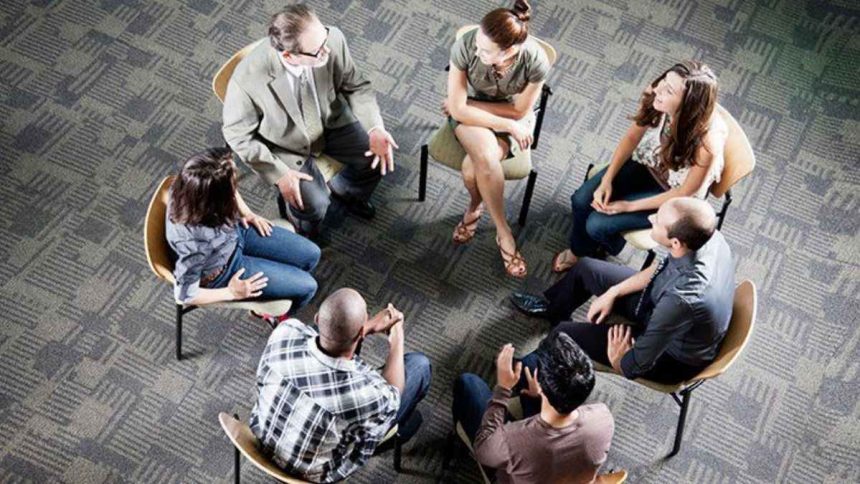Group therapy is a powerful treatment tool that helps clients overcome the denial they experience as part of addiction. It also provides them with peer support and a strong sense of belonging.
Group therapy sessions generally comprise 6-12 members and a therapist. They take place regularly, either once a week or daily.
Peer Support
Peer support can be used in various alcohol and drug addiction treatment settings. It is a way of encouraging individuals to share their stories of recovery with others experiencing similar issues.
It can be a great source of inspiration and motivation, especially when the group is aligned with a common goal. It can also serve as a sounding board, helping clients to overcome challenges and set goals for change.
Peer support can also help people feel more like they belong, making it more straightforward to comfortably talk about their problems and feelings with other group members. Building a sense of connection and empathy can be beneficial in assisting someone in maintaining long-term sobriety. Read more about how group therapy can encourage people to be vulnerable and to tell their stories as a part of their healing.
Empowerment
Group therapy can help you overcome your addiction by allowing you to connect with others. It also can help you feel like you’re not alone in your struggles.
In addition, gaining confidence in yourself is essential. It can make you more likely to stick with a recovery plan and avoid relapse.
Group therapy can help you gain confidence in your abilities and increase your self-esteem. You can use this newfound confidence to overcome your addiction and live a healthy life.
Empowerment is a social process that promotes power in people for use in their lives, communities, and society. It involves various social, political, and cultural factors, including skills development, advocacy, and resource access.
Relationships
Addiction is a disease that affects all aspects of an individual’s life. For many, their relationships are affected as well. Siblings become angry with each other; mothers cry, fathers struggle to feel they can do anything, and friends grapple with the confusion and anxiety of not knowing how to help their loved one.
Relationships are an essential part of recovery. They provide a sense of belonging, connection, and support. They may also serve as a source of motivation for those in recovery to keep moving forward in their quest for sobriety.
Motivation
Motivation is the internal strength that makes it possible for people to change. It can also be built by external forces, such as the support of family and friends.
A therapist can help by encouraging clients to find their motivation to change. It is often referred to as motivational enhancement therapy (MET), and it’s generally considered a more effective treatment for substance use disorders than other types of therapy.
Motivation is essential for recovery because it can help prevent relapse. It is especially critical in early recovery as relapse risks are high.
Self-Esteem
Group therapy can help you reclaim your self-esteem. Having low self-esteem can make it harder for people to face challenges in their lives.
It also makes them more likely to use drugs or alcohol to deal with their emotions. It is a cycle that can keep a person trapped in their addiction.
Group therapy can allow you to talk about your problems and learn from others who have had similar experiences. It can also provide a sense of belonging and camaraderie that cannot be achieved through one-on-one therapy.
Lynn Martelli is an editor at Readability. She received her MFA in Creative Writing from Antioch University and has worked as an editor for over 10 years. Lynn has edited a wide variety of books, including fiction, non-fiction, memoirs, and more. In her free time, Lynn enjoys reading, writing, and spending time with her family and friends.















